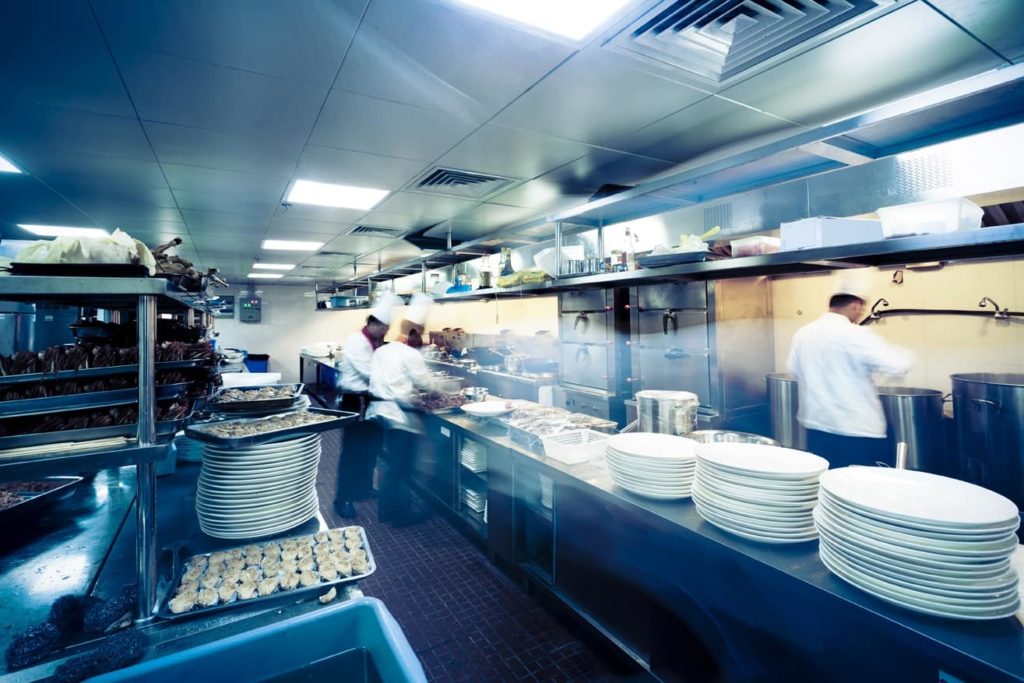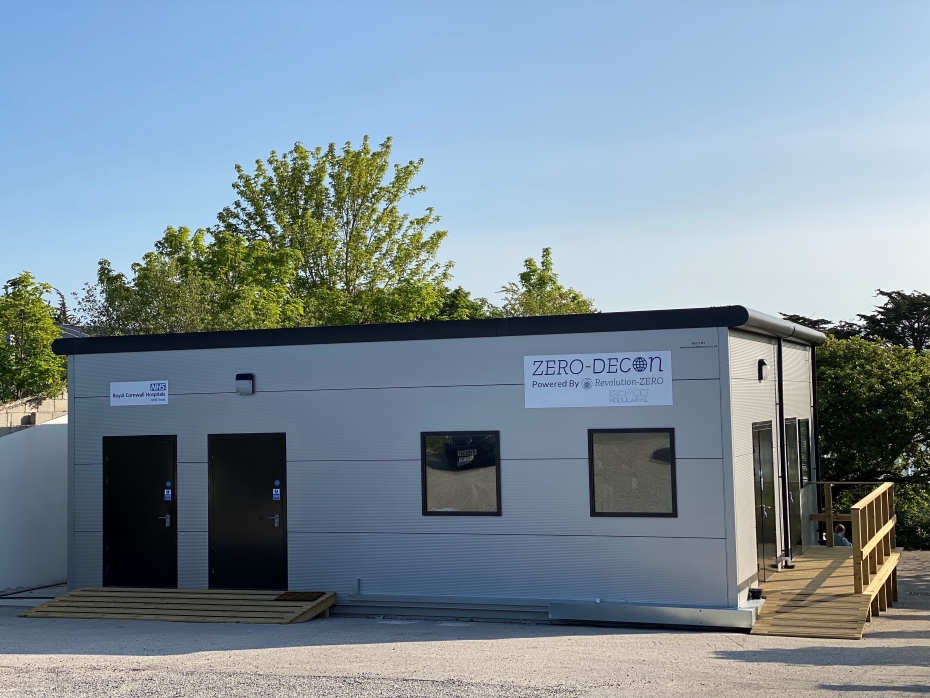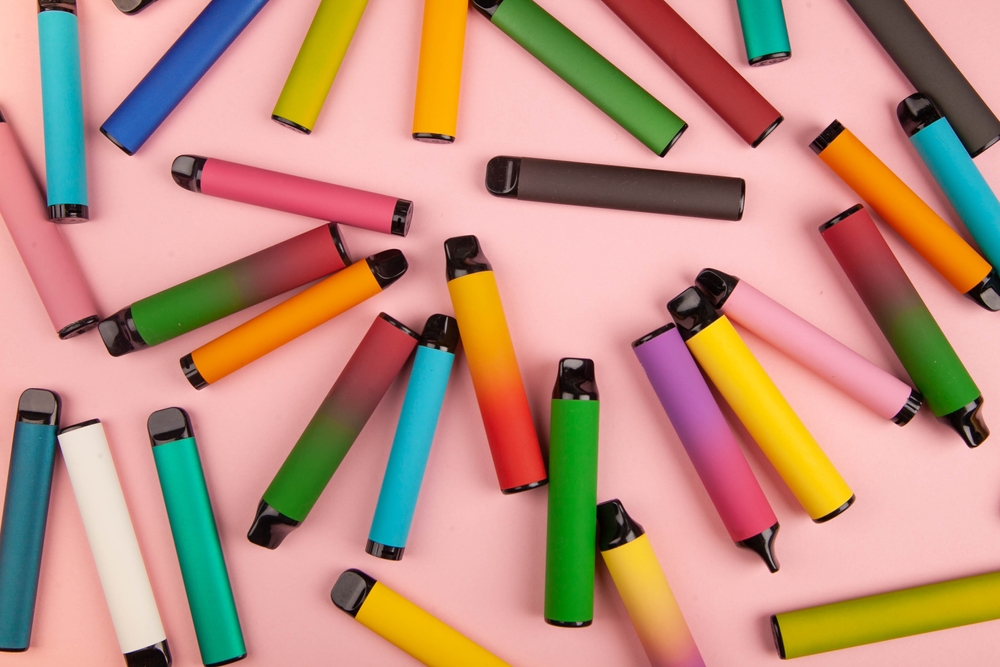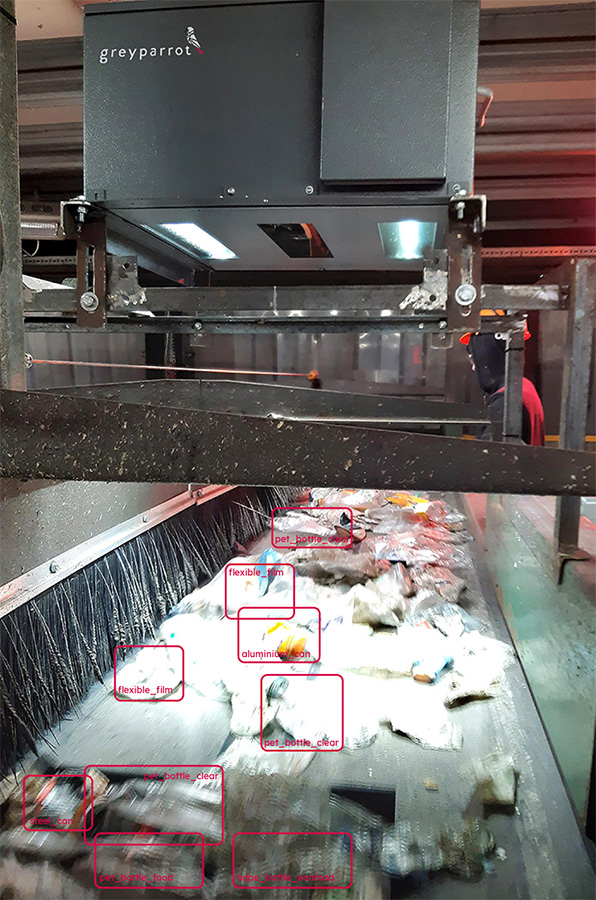Published today (December 2), the interim first year results of the Hospitality and Food Service Agreement (HaFSA) show the commitment of businesses within the hospitality sector towards reducing food and packaging waste by 5% by the end of 2015.

The voluntary agreement was launched by WRAP in June 2012 with 70 signatories and supporters covering 14% of the UK sector by food and drink sales (see letsrecycle.com story). As of December 2014 there are more than 200 members signed up to the scheme.
The figures released today show the progress made from the 2012 baseline data submitted by the signatories and the first year of data for the 2013 calendar year. The WRAP results indicate there have been some steps made towards meeting the 5% target – with a 2.5% reduction in CO2 emissions associated with food and packaging waste recorded against a 2012 baseline.
The signatories also achieved a combined reduction of over 6,100 tonnes of waste over the first year, with an estimated cost saving of £10 million from reducing food waste alone in 2013. Meanwhile, surplus food being sent for redistribution also rose by an estimated 23%.
Recycling
However, the WRAP report also conceded there was a ‘lot more to be done’ across the hospitality sector – with businesses still some way from achieving a 70% recycling rate for food and packaging waste by the end of 2015.
In 2013, the amount of food and packaging waste recycled, sent to anaerobic digestion or composting increased to an estimated 54% – rising 7% from the previous year.
[testimonial id = “110” align=”right”]
The WRAP report concluded that the majority of signatories included in the data analysis reported a reduction in food waste year on year, but reiterated that the signatories could save up to £240 million per year.
The report concluded: “Recycling rates need to continue to rise to meet the 70% recycling target by the end of 2015. Many signatories are still not recycling their food waste or have not increased the % of food waste which is being recycling since 2012. We will work with these signatories to increase the amount of food and packaging waste being recycled.”
Impact
Commenting on the results, Dr Richard Swannell, director of sustainable food systems at WRAP, said: “I’m delighted by the enthusiasm with which HaFSA has been embraced by industry, and acted upon. Today we see the first indication of the positive impact the hard work undertaken by signatories and supporters is having towards the collective HaFSA ambitions.
“There’s no doubt that a lot of work still needs to be done to build upon this positive start, but HaFSA is helping to bring the right people together to deliver solutions.”
Wendy Duncan of Unilever Food Solutions – a HaFSA signatory – added: “Unilever Food Solutions in the UK have set themselves a 5% food waste reduction target which runs perfectly with the Hospitality and Food Service Agreement as well. But we really feel that actually to achieve this target we all need to work together as an industry. We will have a much bigger impact and we can share best practice and share solutions.”










Subscribe for free